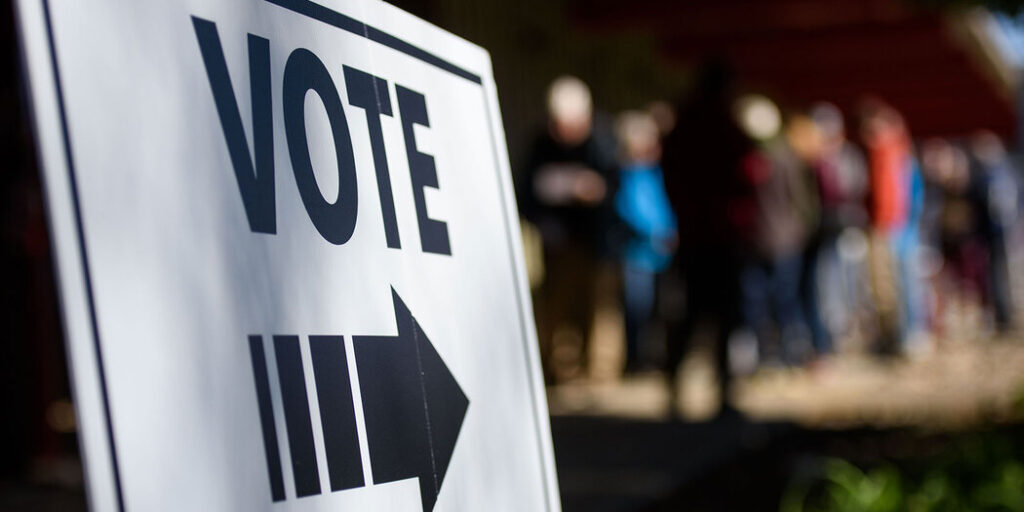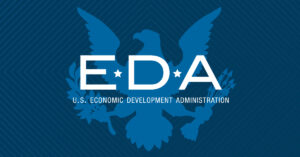Upcoming Election Faces Legal Challenges, But Voter Confidence Remains Steady
As the nation approaches Election Day, where over 160 million Americans are expected to vote, ongoing legal battles underscore both the challenges and resilience of the electoral process. Despite fears of interference, experts maintain that the 2024 elections will be both free and fair.
Recently, two significant trends have emerged. First, election denial efforts have become more coordinated and well-funded compared to the disorganized attempts in 2020. Numerous lawsuits have been filed, with many designed to overwhelm election officials or cast doubt on the electoral process. A notable case in Pennsylvania involves six Republican congressmen challenging the state’s ballot handling for overseas American citizens, a system protected by federal law since the 1940s.
This lawsuit threatens to disenfranchise thousands of active-duty military personnel, a move deemed unpatriotic by voter advocacy groups. In response, organizations such as Blue Star Families and the U.S. Vote Foundation have joined a friend-of-the-court brief to defend these voters’ rights.
“These laws have been on the books for a long time,” said Susan Dzieduszycka-Suinat of the U.S. Vote Foundation. “It’s a bit rich to think you could change it a few weeks before the election. There’s obviously intent there to disenfranchise these voters and to disqualify their votes entirely.”
Fortunately, courts in Michigan and North Carolina have already blocked similar last-minute challenges, and Pennsylvania courts are expected to follow suit.
Strengthening the Electoral System
Despite these challenges, the electoral system is reportedly stronger than ever. The 2020 election, conducted amid a pandemic, saw the highest voter turnout since 1900 and was confirmed as the most secure by the Department of Homeland Security. Since then, further measures have been implemented to secure the process.
One key development is the passage of the Electoral Count Reform Act and the adoption of paper ballots by 98% of voters, enhancing recount capabilities. Additionally, law enforcement agencies are collaborating with election officials under the Committee for Safe and Secure Elections, established by the Brennan Center and allied organizations.
Courts are taking an active role in thwarting attempts to subvert elections. For instance, a Georgia judge recently struck down an order from a state election board dominated by MAGA supporters to hand-count ballots, a decision now under appeal.
The Path Forward
While many of these attempts are deemed illegal, including threats to withhold election certification, legal frameworks mandate officials to follow through with the certification process. This legal clarity allows voters to approach the 2024 elections with confidence, despite ongoing disinformation campaigns aimed at eroding public trust.
The spread of false claims, such as noncitizens voting in large numbers, is seen as a tactic to influence public opinion rather than achieve legal victories. Yet, with the Supreme Court’s recent decisions granting broad immunity to presidents, concerns linger about the potential for partisan influence in future rulings.
Ultimately, citizens are encouraged to vote with confidence, knowing that collective efforts will be crucial in safeguarding democracy in the years ahead.





